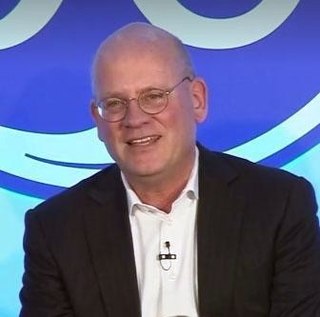A Quote by Brad Feld
In my world, historical revenue is the least interesting thing to consider in an acquisition strategy.
Quote Topics
Related Quotes
Sexuality is important, but it's certainly not the most interesting or important thing happening to you right now. We live in a world that tells us that there are only two important things. One is the acquisition of goods and the other is either the acquisition or avoidance of sex, but it turns out that the question of who's a virgin and who's a virgout is not the most interesting question.
If your strategy calls for you to be in America, then you will go into America. If your strategy calls for you to be in M&A, then you'll do an acquisition. You usually acquire a company to acquire technology, geographic advantage, etc. Similarly, geographic expansion is very much like M&A. It's done to advance a strategy.
At most corporations if you make an acquisition and it turns out to be a disaster, all the paperwork and presentations that caused the dumb acquisition to be made are quickly forgotten. You've got denial, you've got everything in the world. You've got Pavlovian association tendency. Nobody even wants to even be associated with the damned thing or even mention it. At Johnson & Johnson, they make everybody revisit their old acquisitions and wade through the presentations. That is a very smart thing to do. And by the way, I do the same thing routinely.
It's counterproductive to lower my price, because I have to sell more units to make up for that lost revenue. Generating brand-new products can take a long time. Improving service is typically the quickest way that I can take market share. So aligning technology strategy to better service customers becomes an essential path to revenue growth.
































